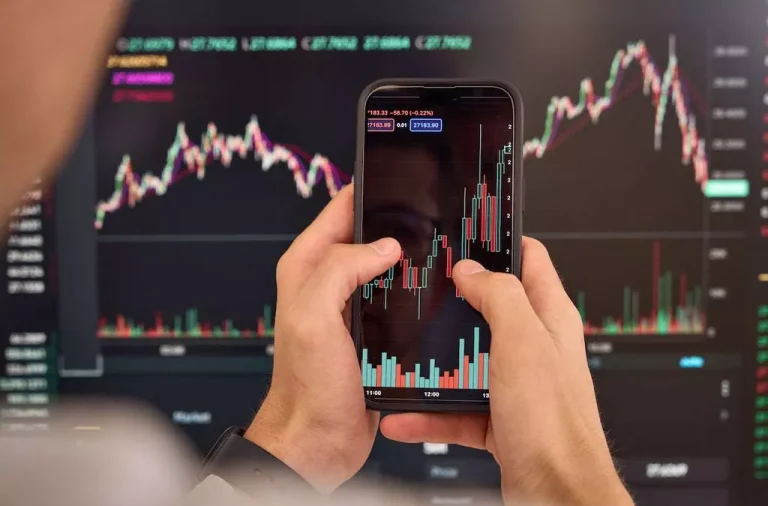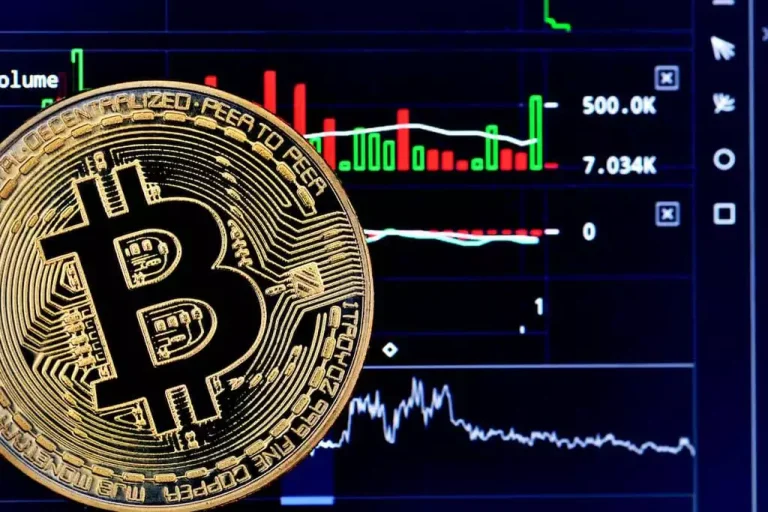These embrace real-time market data, danger administration instruments, and sophisticated portfolio optimization algorithms. Retail merchants can be taught to trade like institutional merchants by gaining knowledge about market construction, financial devices, and trading strategies. They can also benefit from utilizing advanced buying and selling platforms, preserving monitor of market news, and developing a strong danger management plan.
One should maintain a bachelor’s degree and have a quantity of years of experience trading index and/or equity derivatives at a bank or buying and selling firm. Moreover, expertise in trading and place management round market flows is crucial. You can see the indicators of institutional buying and selling Non-fungible token out of your usual chart if you know what to look for.
Machine Studying Vs Conventional Trading Algorithms: Key Differences
Algorithmic buying and selling and darkish pools are also used to execute trades efficiently and discreetly. Primarily, this refers back to the buying and selling of economic property on behalf of huge organizations corresponding to banks, pension funds, or insurance companies. Hedge funds are pooled funding crypto dark pool funds that use advanced strategies to generate excessive returns, including short promoting, leverage, and derivatives trading. These funds can be extra versatile than conventional mutual funds, usually taking both lengthy and quick positions in markets.
Pension funds also spend money on a various vary of property but stay more constricted by their liquidity and threat requirements. In the Usa, the principles for pension funds are set out by the Worker Retirement Revenue Safety Act (ERISA). That said, they can still make investments a minor portion of their assets in exclusive markets, like private fairness and mutual or hedge funds. The most common type of institutional investor, mutual funds symbolize pooled funds from various people and organizations which are used to purchase securities, normally equity, actual property, and personal debt. They are run by expert portfolio managers and characterize a typical way for individuals to invest their disposable money with out having to grasp investing. The invention of institutional trading can’t be https://www.xcritical.com/ attributed to a single individual.
Service Suppliers Utilized By Institutional Buying And Selling Firms
On the other hand, retail merchants commerce for themselves, often paying extra and dealing with limits on what they’ll purchase or sell. Aspiring traders and platform administrators can also consider pursuing related certifications or enrolling in specialized courses offered by tutorial establishments or skilled coaching providers. Retail merchants use trading platforms that give them access to shares, bonds, choices, futures, and different monetary automobiles. With the rise of latest trading platforms like SoFi or Robinhood, some retail buyers can entry IPOs, commodities, cryptocurrencies, and more.

However there are particular publications that report institutional buying and selling activities, such as Bloomberg, Thomson Reuters, Factset, Marketwatch, and so forth. And, of course, you can also join our Buying And Selling Academy and meet our buying and selling coaches, who’ve vast expertise within the financial sector and capital markets. All these causes are why this book is a must-read for any aspiring institutional trader since it’s going to give plenty of informative perception into the success of Jim Simons in following the methods. Nevertheless if a person is pushed about becoming an institutional trader and is ready to face the challenges one can do wonders in this job position. The market features smoothly via institutions providing liquidity access as they extract profits from value variations. Institutional traders negotiate foundation point charges for every transaction and require the best worth and execution.
Mutual and investment fund managers are necessary players in institutional buying and selling, allowing people to entry a wider range of assets underneath more advantageous conditions. Investment banks are financial intermediaries that provide advisory companies in market-related transactions. This can embody actions corresponding to an Initial Public Providing (IPO), subscriptions, mergers, and reorganisations. These firms often have access to superior institutional trading instruments and applied sciences. The use of considerable capital entails a larger risk of loss in addition to the potential of earning a higher return.

They typically use hedging methods similar to options, futures, and swaps to protect against antagonistic market actions. Threat management also includes diversifying investments across asset classes, geographies, and industries to cut back the overall risk exposure of the portfolio. Focusing on market worth, historic efficiency, and time-sensitive chronological patterns, technical evaluation is primarily utilized in short-term trading strategies. Moreover, this strategy highlights the most effective entry and exit factors for giant positions, which is especially useful for institutional buyers who tend to trade securities in bulk. Related to mutual funds and hedge funds, exchange-traded funds (ETFs) pool funds from varied individual and institutional traders and purchase a diversified portfolio of securities, mostly shares. Specialists additionally handle these funds, but they usually goal to replicate the performance of a selected industry or sector.
February shall be formed by ongoing U.S. regulatory discussions on stablecoins and tax insurance policies. Lawmakers are currently debating new compliance necessities for stablecoin issuers and potential tax exemptions for U.S.-issued digital belongings. These coverage selections might impression investor habits and long-term market stability. The threat of loss in online buying and selling of shares, choices, futures, foreign exchange, overseas equities, and stuck earnings can be substantial.
However, an actively managed fund has but to beat the S&P 500 in the long run. But sticking with the market basically eliminates your probabilities of defeating it (if that is your goal). Threat and reward are in direct proportion, which means higher risk comes with larger potential rewards. Institutional buyers, due to this fact, conduct comprehensive analyses of their portfolios to succeed in a cushty value-risk ratio, diversifying to mitigate losses in one trade with positive aspects in another.
- By dealing with important volumes of capital, they reap the advantages of access to privileged info and influence market movements.
- In brief, mutual funds and ETFs should often file annual, semi-annual, and quarterly reports detailing their holdings, financial efficiency, and monetary statements.
- As the financial world has turn into more and more complex, the position of institutional trading platforms has turn out to be indispensable.
- Frequent kinds of arbitrage strategies include merger arbitrage, statistical arbitrage, and forex arbitrage.
- We don’t present monetary advice, offer or make solicitation of any investments.
The key players in the institutional buying and selling landscape are the big monetary establishments – hedge funds, mutual funds, pension funds, and investment banks. These organizations rely on the velocity, efficiency, and superior analytics provided by institutional buying and selling platforms to execute their funding strategies and handle their portfolios. For those looking to study this intricate market, there are quite a few tutorials and sources available. In this article, we are going to delve into the world of institutional buying and selling, exploring its key ideas, strategies, and implications.

Institutional trading refers back to the practice of buying and promoting securities by massive financial institutions, similar to banks, pension funds, and hedge funds. The primary benefit of mutual and funding funds is that they allow for diversification across multiple asset classes, which can help mitigate threat. These funds also tend to be extra accessible to retail merchants, as they usually require lower capital investments. Institutional merchants, employed by monetary establishments, trade on behalf of managed accounts with massive capital, influencing market prices considerably.
For instance, changes in economic situations due to macroeconomic components such as the Ukraine-Russia war. This can lead to significant adjustments in prices of underlying assets in the financial markets. Their funding decisions determine market liquidity, rates of interest, and even inflation tendencies. Their movements have an result on economies, interest rates, and inventory market developments.
